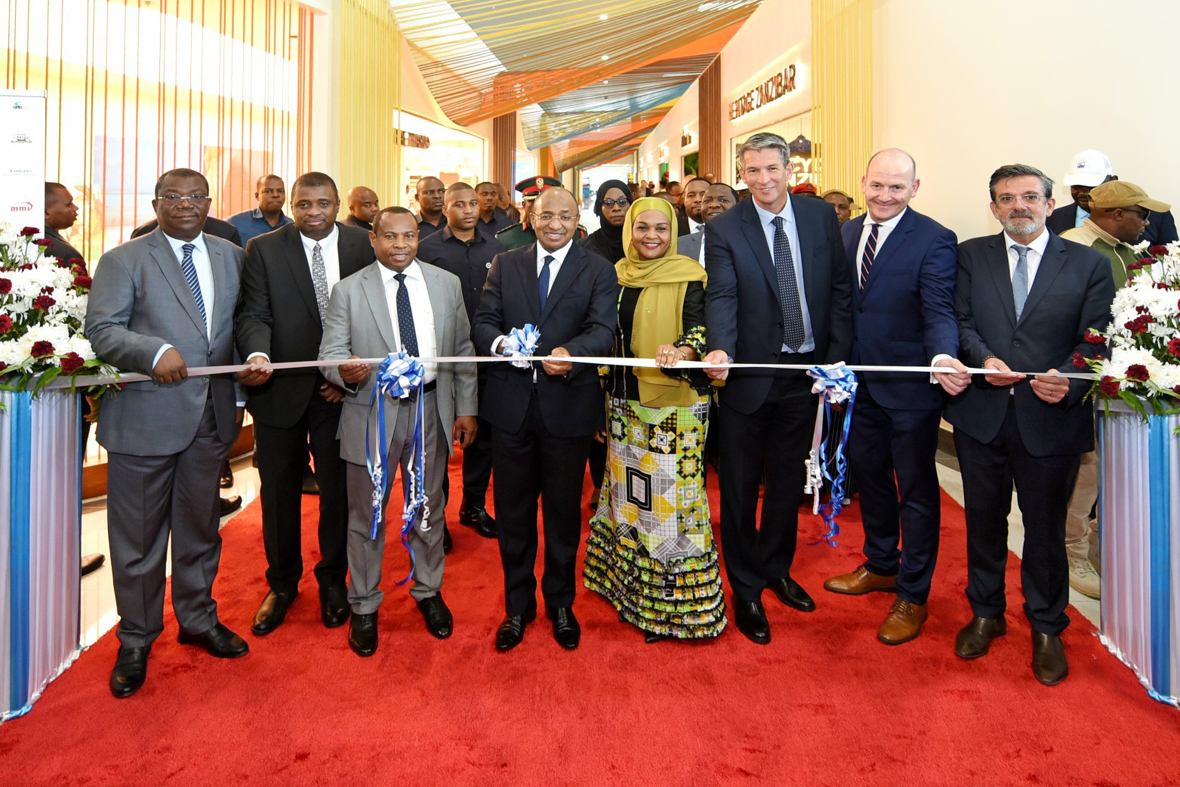With inflation rising to double-digit levels in some of dnata’s developed markets, the wage increases it has implemented have been unprecedented in recent years – but also necessary to retain and attract staff.
So how does dnata manage in this ‘recovery’ year? “How do we pass those [costs] on to our customers? How do we mitigate those wage increases?” asked Allen. “One, we obviously work as hard as we possibly can to improve productivity. But second, we must pass [higher costs] on in terms of our contracts with our customers. We’ve had to renegotiate hundreds of contracts over the past year to reflect unusual levels of inflation,” he said.
“What’s going to happen next is that most of them will now go out to tender to judge whether they’ve got contracts that come out of the right levels,” he explained. “So, I see another year of heavy negotiation with our customers to make sure that everything is settling at a level that is acceptable to the whole supply chain.”
This returns to the key question of whether airlines pay enough for the quality of the ground service they require. “I think we have a responsibility to make sure that we have honest conversations with our customers that say, no, we can’t just roll over and accept the lowest rate,” said Allen.
“We obviously can’t survive if the deal isn’t right and we won’t be able to invest in our businesses over the long term, especially as everybody now wants sustainable strategies with more electric equipment or the reduction of wastage,” he added.
He also stands alongside his fellow ground services leaders in “encouraging some regulation for new entrants that means that there’s a certain standard that needs to be met”, he said. “Because from a safety perspective, from a quality perspective, from a sustainability perspective, if governments and airports continue to just let anybody set up a ground handler, then you’re never going to raise the bar.”
He supports the IATA Ground Operations Manual, which contains instructions for frontline personnel and defines minimum standards for safe ground handling operations, which the services industry helped create.
This is necessary for a variety of reasons, including raising industry standards generally, but also safety: discrepancies in operating standards on the tarmac can put people in danger, Allen said.
A former chairman of the Airport Services Associations (ASA), Allen strongly supports its work to bring greater representation from the ground handling industry perspective at all the tables.
“Before we’ve just run along with IATA on their ground operations group, but we don’t think it’s a strong enough voice and therefore we want to create our own voice,” he said.
The aim is to work with regulators like the European Union and EASA to “input the standards that would work for our industry”, Allen outlined.



